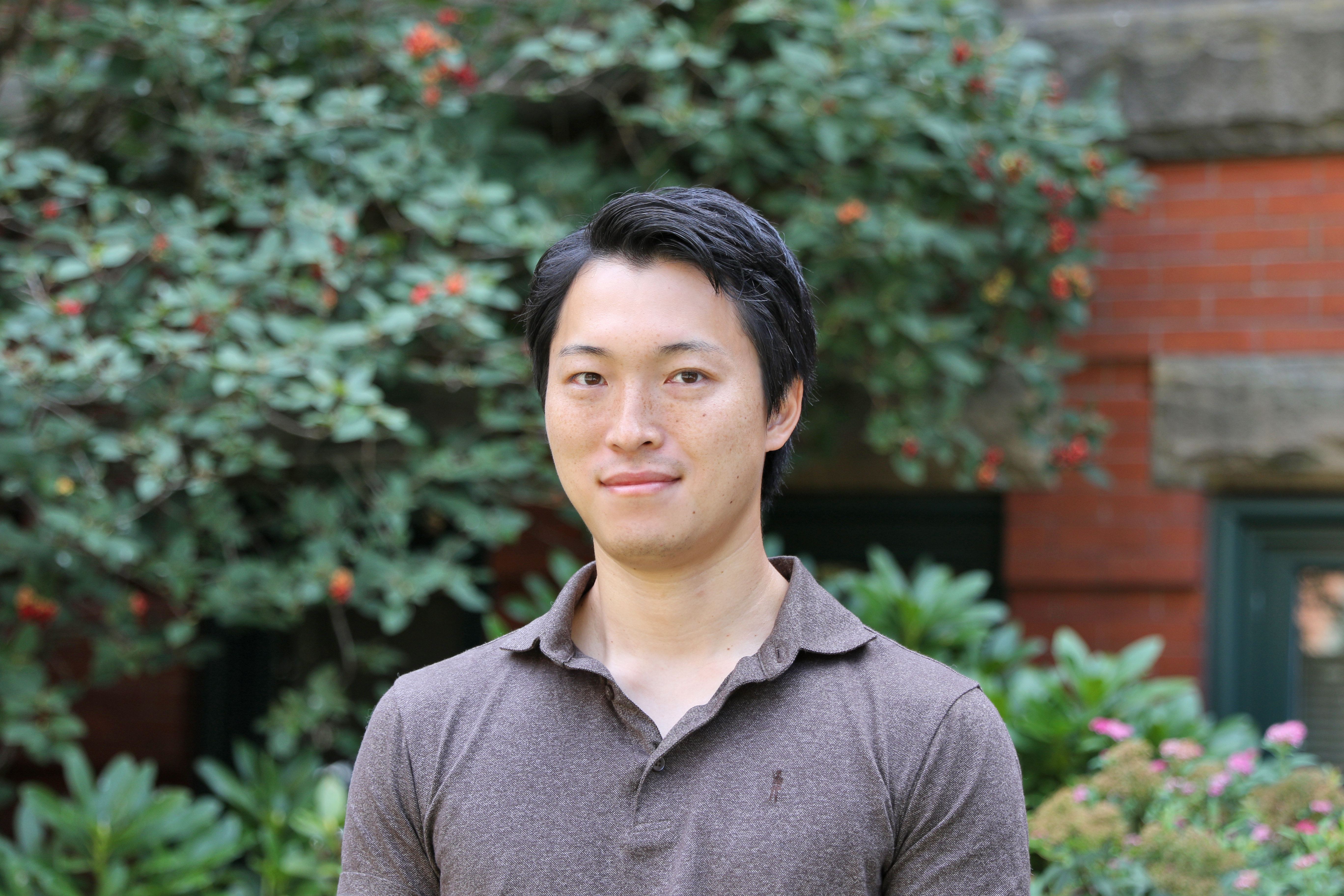Shiba
Research
Group

Koichiro Shiba, PhD, MPH
Principal InvestigatorAssistant Professor of Epidemiology, Boston University School of Public Health
In an increasingly digitized world, the health effects of human relationships and communities matter more than ever. Through data science, we uncover what helps people stay healthy, resilient, and thriving—and work to make that knowledge matter.

"Social determinants of health in an aging society."
Latest Updates
View All NewsMar 6, 2026Event
Invited Lecture at Johns Hopkins
Read More
Mar 1, 2026Media
Dr. Shiba Interviewed in Boston Magazine
Read More
Mar 1, 2026Media
Nikkei Science Feature on the Global Flourishing Study (in Japanese)
Read More
Get in Touch
Interested in research collaboration, media inquiries, or joining our team? We would love to hear from you.
Contact Us